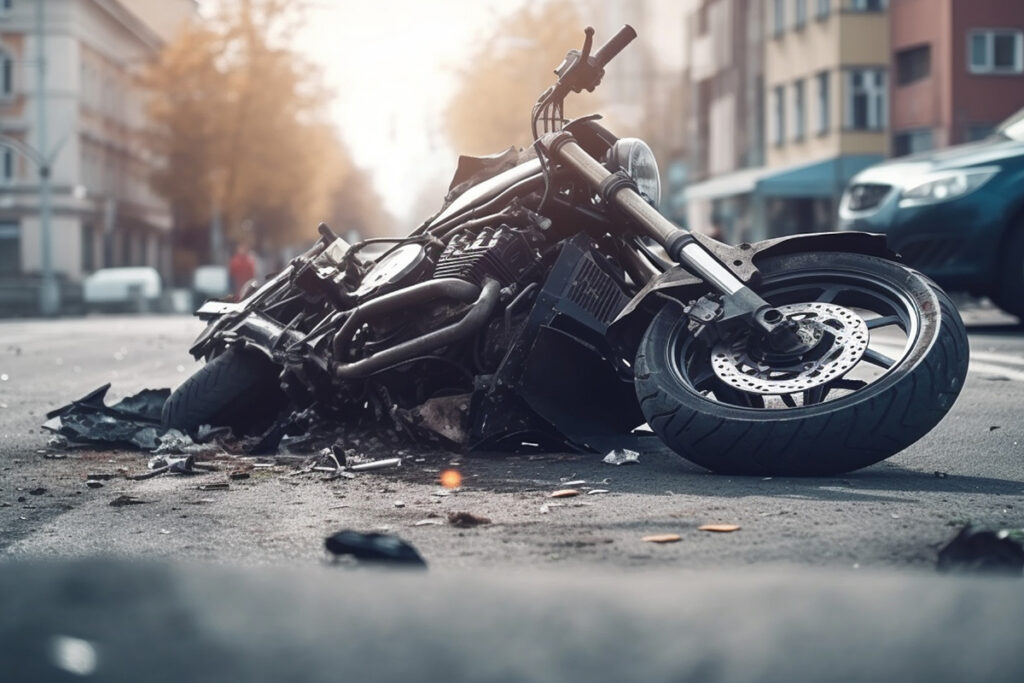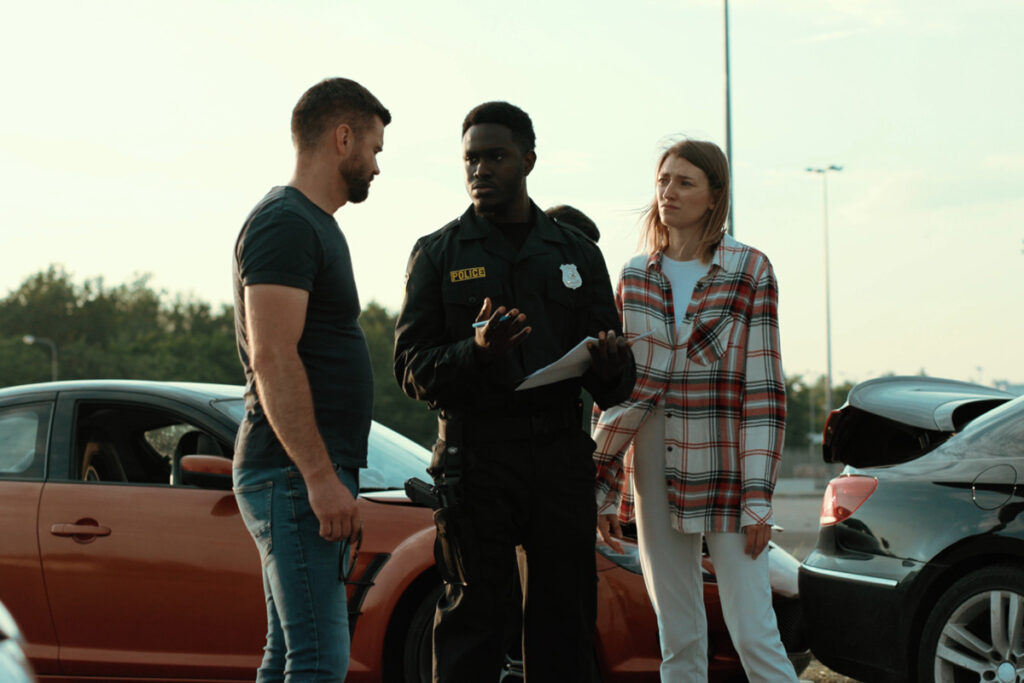What to Know About Suing Uninsured Drivers in Texas

As a Texas resident, you likely spend hours on the road each year managing the yearly influx of transplants and the hundreds of thousands of residents already populating the city streets. Since drivers abound, so do car accidents, which normally involve stopping and getting the other driver’s insurance information. However, your average collision becomes more […]
What to Know About Motorcycle Accidents in Texas Work Zones

Navigating through Texas work zones on a motorcycle presents a unique set of challenges and risks. These areas are often characterized by altered traffic patterns, reduced speed limits, and the presence of construction equipment and personnel. For motorcyclists, the already inherent dangers of riding are magnified in these conditions, leading to a higher risk of […]
What Dram Shop Laws Protect Restaurant Staff in Texas?

In Texas, dram shop laws are critical in protecting not just the patrons of bars and restaurants but also the staff working within these establishments. These laws make it possible for a business to be held liable if they serve alcohol to someone who is clearly intoxicated and that person goes on to cause harm […]
How Your Driving Record Can Affect Your Motorcycle Accident Case

When you’re involved in a motorcycle accident, the details of the incident itself are crucial to understanding your legal rights and potential compensation. However, there’s another factor that may significantly influence the outcome of your case: your driving record. Whether you’re aware of it or not, your past on the road could play a role […]
Types of Injuries Sustained in ATV Accidents in Texas

ATV accidents in Texas may lead to serious injuries, often due to the rugged terrain and the high speeds at which these vehicles travel. These accidents are not only traumatic for those involved but may also lead to significant legal and medical challenges. Understanding the types of injuries that may occur is crucial for victims […]
Navigating a Self-Driving Car Accident Claim

When an accident involves a self-driving car, the situation may feel overwhelming and complex. You may wonder how to proceed, especially considering the unique challenges posed by autonomous vehicle technology. This is where understanding the basics of handling such a claim becomes crucial. It’s important to recognize from the outset that these accidents differ from […]
Why You Should Always Call the Police After a Car Accident

In the moments following a car accident, you may feel unsure of the next steps to take. It’s crucial, however, to understand the importance of involving law enforcement right from the outset. Calling the police after a car accident isn’t just a procedural formality; it’s a critical action that may significantly impact the outcome of […]
Signs the Other Driver Was Texting

Driving is a responsibility that demands full attention. However, the rising incidence of accidents due to texting while driving is a troubling trend. Texting while driving is not just irresponsible; it’s illegal in many places, including Texas. Understanding the signs can be crucial, especially if you’re involved in an accident where the other party was […]
Helpful Facts About Wrongful Death Claims

When faced with the tragic loss of a loved one due to someone else’s negligence, understanding wrongful death claims becomes crucial. It is a way to seek justice and financial support for the bereaved family. If you’re navigating this challenging path, know that you’re not alone. Our team at Dale Rose is dedicated to guiding […]
Steps to Take After an 18-Wheeler Accident

Accidents involving 18-wheelers are not only frightening but can also lead to significant legal and medical challenges. If you find yourself in this situation, understanding the right steps to take is crucial for your safety and legal rights. Our team at Dale R. Rose is dedicated to helping you navigate through these challenging times. With […]
